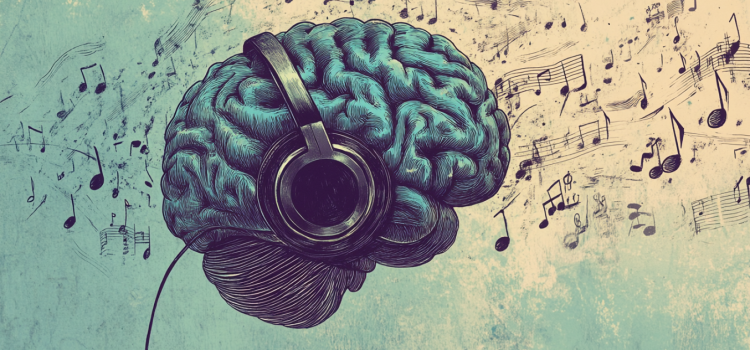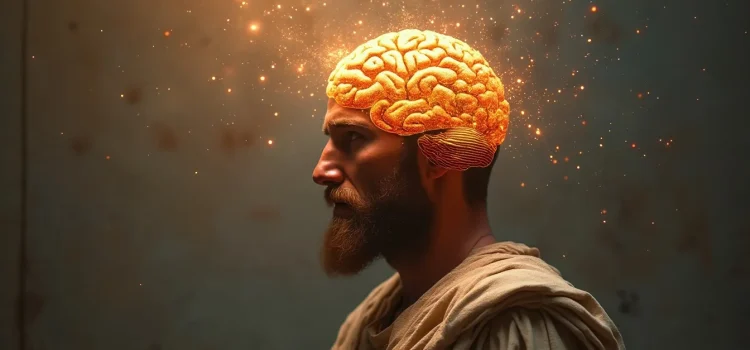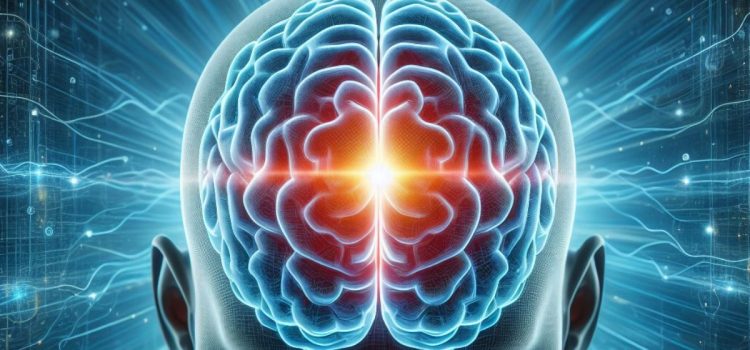How can music be beneficial for those with neurodevelopmental disorders? Why can some people recognize music better than faces? In his book I Heard There Was a Secret Chord, neuroscientist and musician Daniel J. Levitin explains that music is more than just a source of pleasure. He argues that music is a powerful medicine and therapy that can be backed by science. Keep reading to take a look at the benefits of music therapy for autism spectrum disorder and William’s Syndrome.
Music Therapy for Autism and William’s Syndrome










